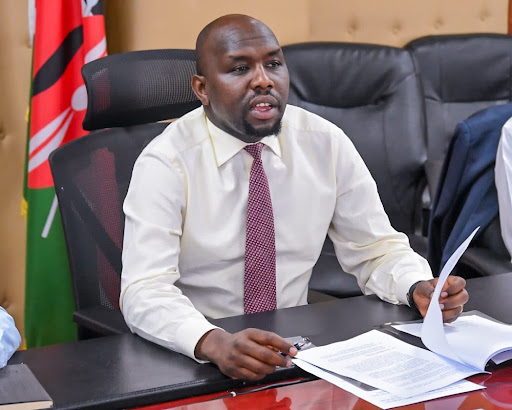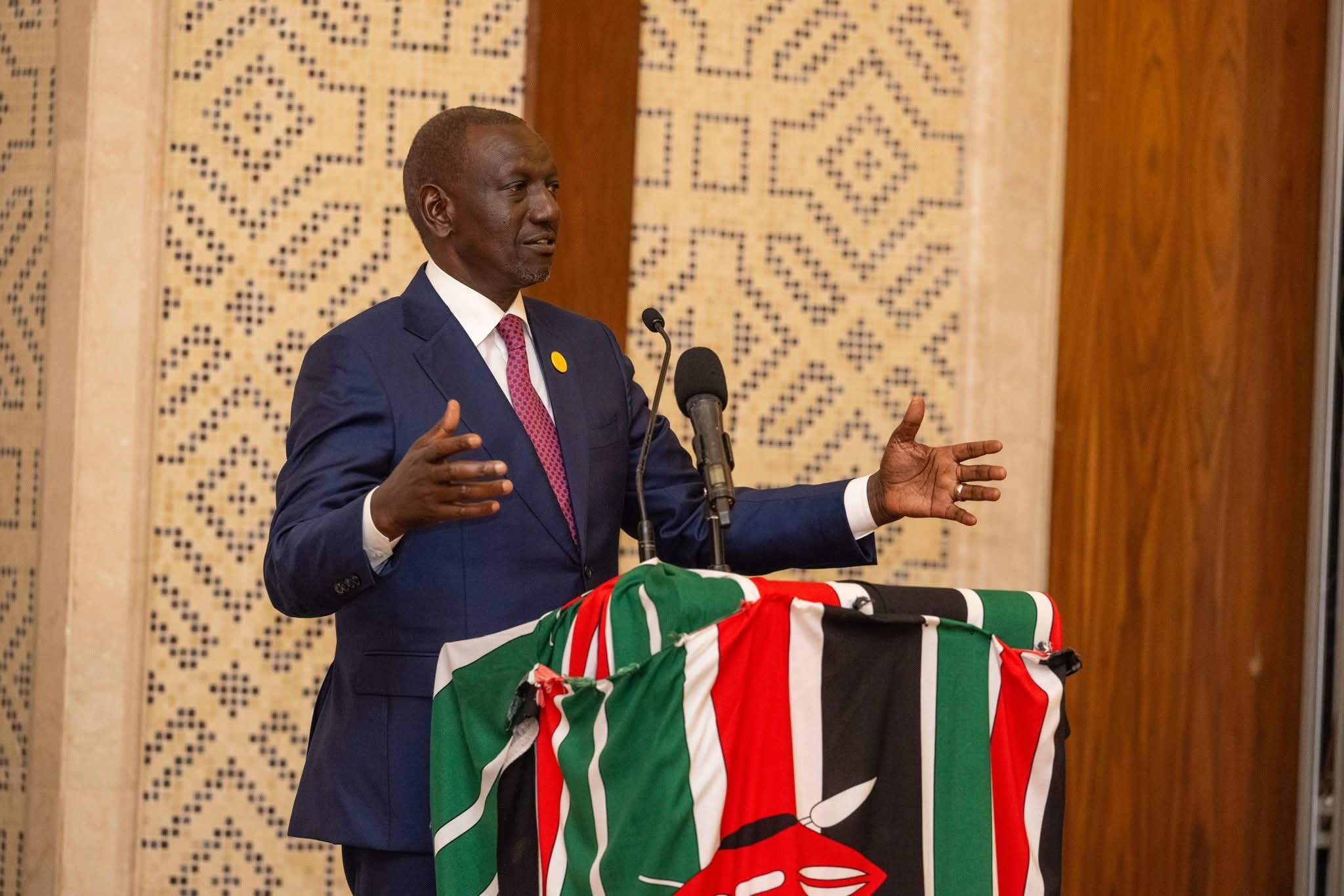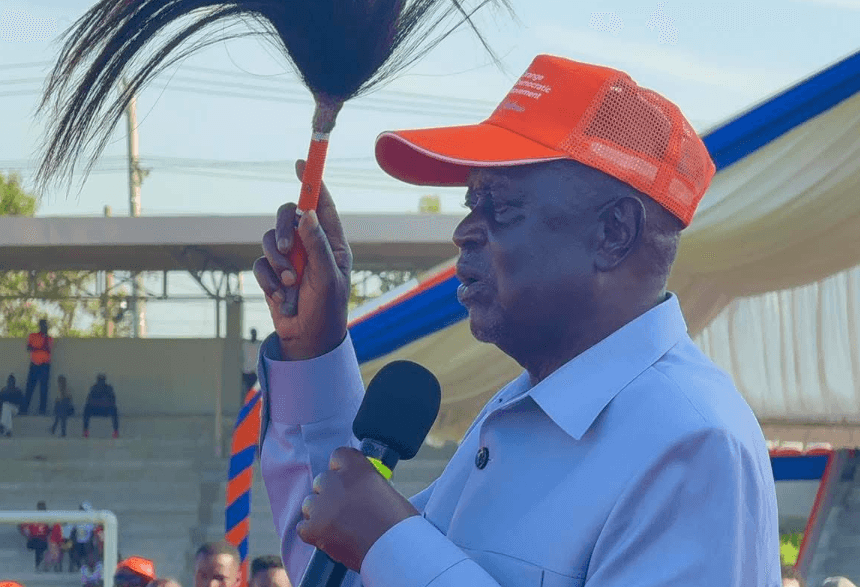
 Interior Cabinet Secretary Kipchumba Murkomen/HANDOUT
Interior Cabinet Secretary Kipchumba Murkomen/HANDOUT
The government has, for the first
time, disclosed details of security operations that ended the wave of abductions, even as it emerged that 18 people are still missing.
Interior Cabinet Secretary
Kipchumba Murkomen said the police deployed a multi-pronged strategy to curb
the abductions, which had triggered public outrage and fear.
At the centre of the response was
the creation of a specialised Anti-Abductions Investigations Unit within the
National Police Service to exclusively handle kidnapping and enforced disappearance
cases.
“The government enhanced reporting
mechanisms through a toll-free hotline, which allowed the public to report
criminal activities anonymously, ensuring confidentiality and encouraging
information sharing,” Murkomen said.
He spoke when he appeared before senators yesterday.
The CS said 50 people were reported
missing after being abducted by unknown individuals: 24 were later found alive,
eight were discovered dead, and 18 remain unaccounted for.
However, part of the data he tabled
appeared outdated, as it still listed five chiefs abducted in Mandera among the
missing — even though they have since been found.
For months, Kenya was rocked by a
spike in abductions, some captured on CCTV, with victims seized in broad
daylight by people believed to be security agents.
The trend fuelled widespread claims
that security agencies were targeting critics of the state.
Murkomen said “no stone will be
left unturned” in identifying and punishing the culprits.
In a bid to punish police officers
suspected of abetting the vice, the CS said the Internal Affairs Unit domiciled
within the national police service investigated all reported cases of police
misconduct.
“All police officers are being
sensitised on key institutional values including professionalism, adherence to
the rule of law, teamwork and strategic partnerships,” he said.
The initiative, he said, aimed to
enhance efficiency, accountability and collaboration in law enforcement
operations while fostering trust and cooperation within the law.
Murkomen said investigations are
ongoing to arrest and prosecute perpetrators: “All individuals or groups found
culpable are being identified and arraigned before the court in accordance with
the law.”
He was responding to a question by
Makueni Senator Dan Maanzo on measures the government is taking to curb
abductions.
“Is the government conducting
investigations to establish who is involved in these abductions? And whether
any individuals or groups have been held accountable?” Maanzo asked.
According to data provided by the
CS, two Koreans abducted in Moyale last year are still missing.
In Isiolo, Markatar Ali, who was
abducted alongside two other colleagues, is still missing.
Stephen Mutua and Karani Muema, who
were abducted in Mlolongo on December 25 and 12 last year are still unaccounted
for.
“Susan Muema reported that her
brother went missing on December 12,2024 and has not been seen since then. The
victim is yet to be found,” Murkomen said.
In Lari, three abductees are yet to
be found, while four others are still missing in Garissa.
In December last year, President
William Ruto publicly vowed to end the abductions after a public outcry.
“We will put an end to it so that
the youth of Kenya can live in peace,” he said, while also urging parents to
guide their children on responsible online behaviour.
In June, four abductees — Billy
Mwangi, Peter Muteti, Bernard Kavuli and Rooney Kiplangat — were released after
weeks in custody.
Murkomen and other Ruto allies had
previously denied any police involvement, insisting the National Police Service
had not arrested anyone outside legal procedure.



















